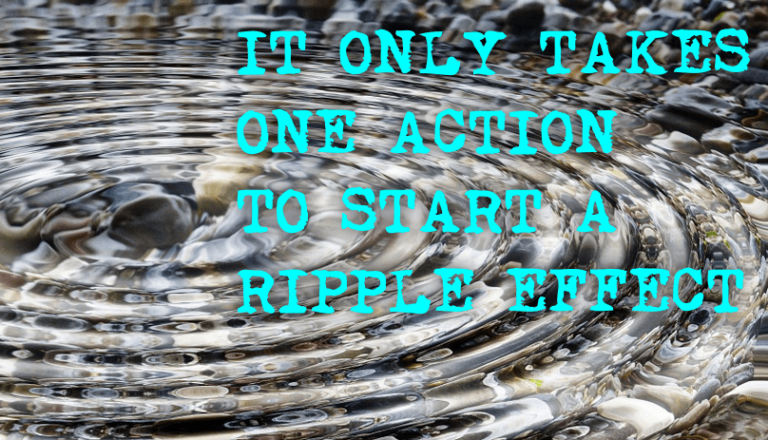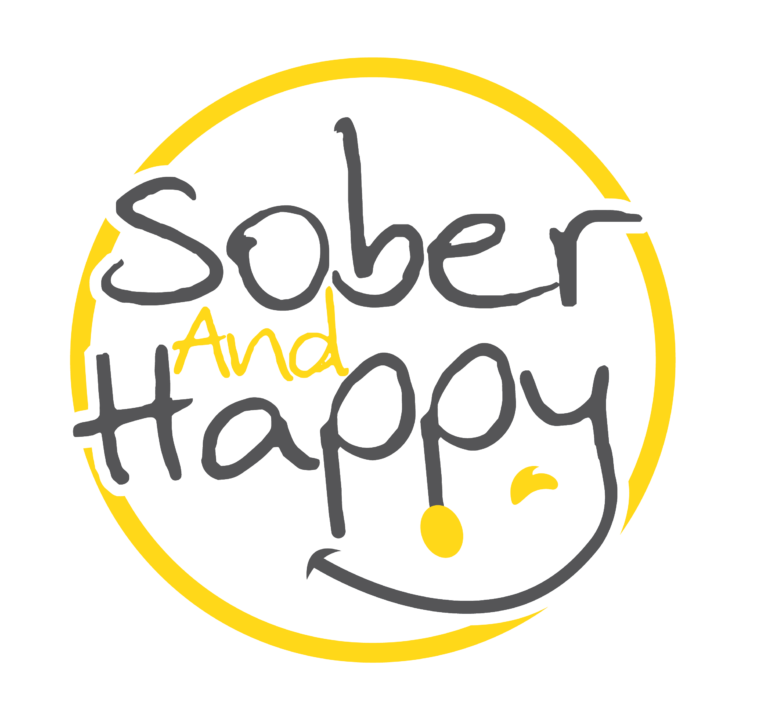

Tim Phillips
I love sharing my journey from being hopeless, to getting sober, to learning how to eventually be both sober and happy. to learning how to eventually be both sober and happy.

Imagine spending years chasing something elusive—like Bigfoot or the Loch Ness Monster—only to find out it doesn’t exist. For those of us in recovery, that “holy grail” is often the idea of learning to drink like a normal person. It’s a quest many embark on, fueled by hope, denial, and determination. But what happens when we finally accept the truth? That’s when real freedom begins.
Alcohol is a paradox. For many of us, it starts as a solution—a way to deal with anxiety, loneliness, or pain. But over time, it becomes the problem. And yet, we cling to the hope that we can somehow regain control.
In this blog, we’ll explore the journey of chasing controlled drinking, why it’s not possible for those with alcohol use disorder, and how acceptance can unlock the life we’ve always wanted.
Many of us cling to the belief that we can “figure it out” one day and drink normally again. I often reflected on this one night when I maintained the perfect buzz and did not overdo it. It was the perfect night when drinking felt controlled and enjoyable—but my overall drinking history showed that this was the exception, not the rule.
Over time, we also often redefine what “moderation” looks like to justify behavior that continues to spiral out of control.
Alcohol impacts the bodies of individuals with alcohol use disorder differently, creating unique challenges that fuel the cycle of addiction. For those struggling with alcoholism, the way their bodies process alcohol leads to physical cravings that intensify with each drink, making it increasingly difficult to stop.
This phenomenon is closely tied to what is known as the “acetate effect.” When alcohol is metabolized, it produces a build-up of acetate, which drives an even greater desire for more alcohol.
Over time, the progressive nature of alcoholism compounds these challenges. As our bodies endure damage from prolonged alcohol use, the ability to engage in controlled drinking diminishes further, particularly as we age, making sustained sobriety increasingly critical.
Reaching a turning point in recovery often begins with letting go of the quest for moderation. By abandoning the exhausting pursuit of trying to drink normally, we create space to focus on healing and personal growth.
Redirecting the energy once spent on controlling drinking allows us to address the underlying causes of addiction and work toward building a fulfilling life. This shift brings a profound sense of peace.
Accepting that moderation is not an option frees us from the relentless internal debate and the cycle of trying and failing, allowing us to move forward with clarity and purpose.
Alcohol often promises happiness, but it rarely delivers. In sobriety, we discover genuine joy through meaningful connections, a sense of purpose, and the journey of self-discovery.
Honest reflection plays a crucial role in this process, as examining the broader patterns of our drinking—not just the occasional moments when it seemed to work—helps solidify our resolve to change.
With acceptance, we gain the clarity and strength needed to create the life we’ve always wanted, one that alcohol could never provide.
Controlled drinking is a mirage, a false promise that keeps us stuck in a destructive cycle. By understanding the science behind alcohol use disorder and reflecting honestly on our experiences, we can see that moderation isn’t possible for us.
But in accepting this truth, we gain something far greater: the ability to reclaim our energy, focus on recovery, and build a life that alcohol could never deliver.
This week, challenge yourself to reflect honestly on your relationship with alcohol. Look not at the “one time” it seemed to work, but at the overall pattern.
If you’re ready to stop fighting a battle you can’t win, listen to this episode of the Sober and Happy Podcast.

I love sharing my journey from being hopeless, to getting sober, to learning how to eventually be both sober and happy. to learning how to eventually be both sober and happy.




Join our mailing list to receive the latest news and updates from our team.






Copyright © 2023 by Sober and Happy. All rights reserved.

Join our mailing list to receive the latest news and updates from our team.